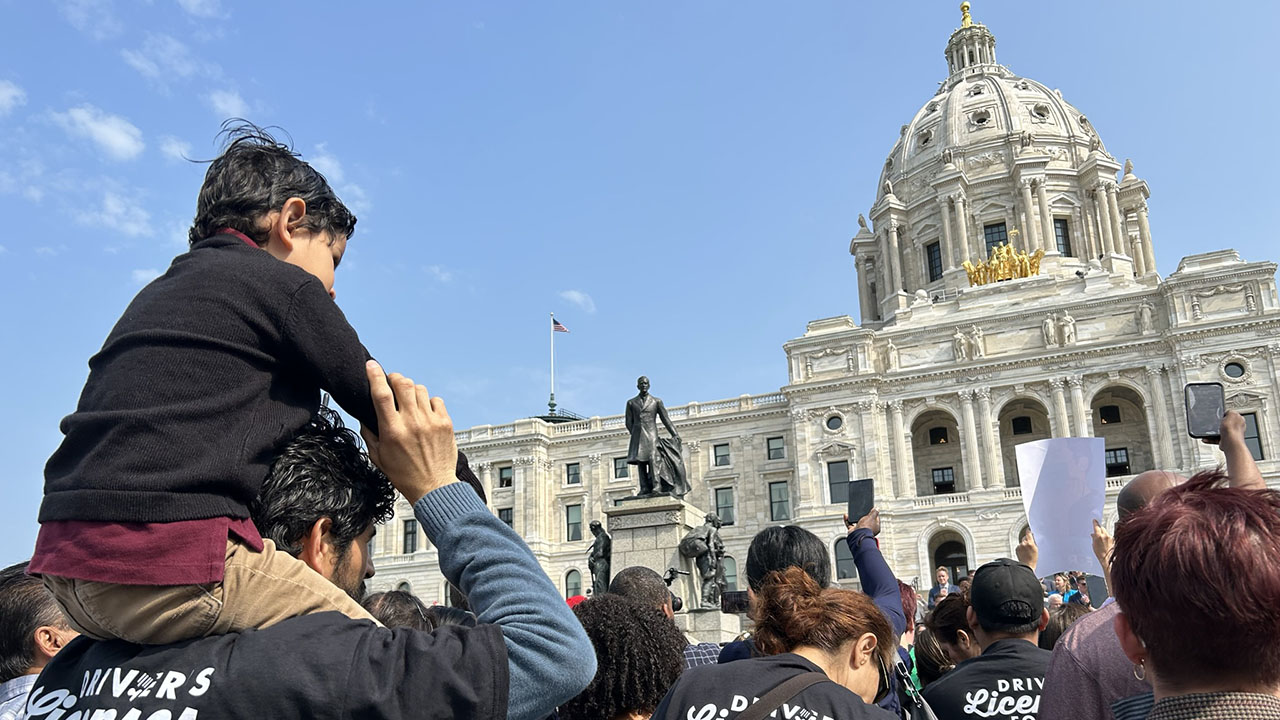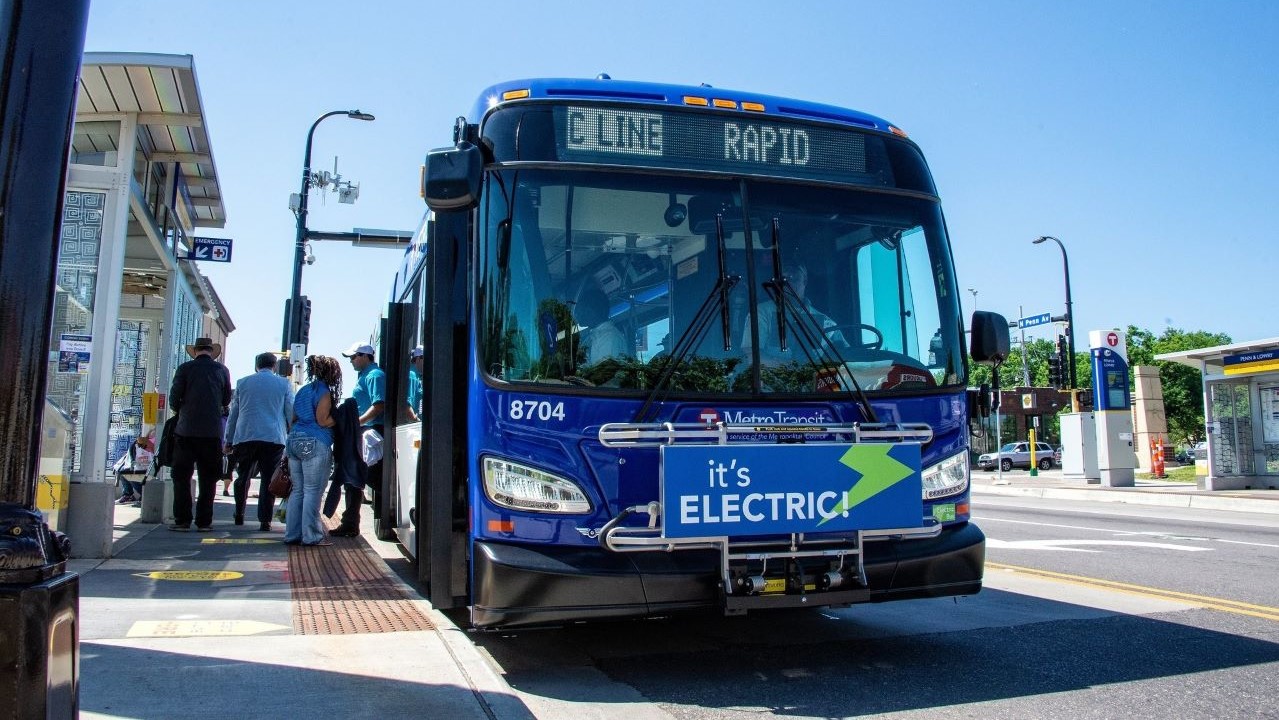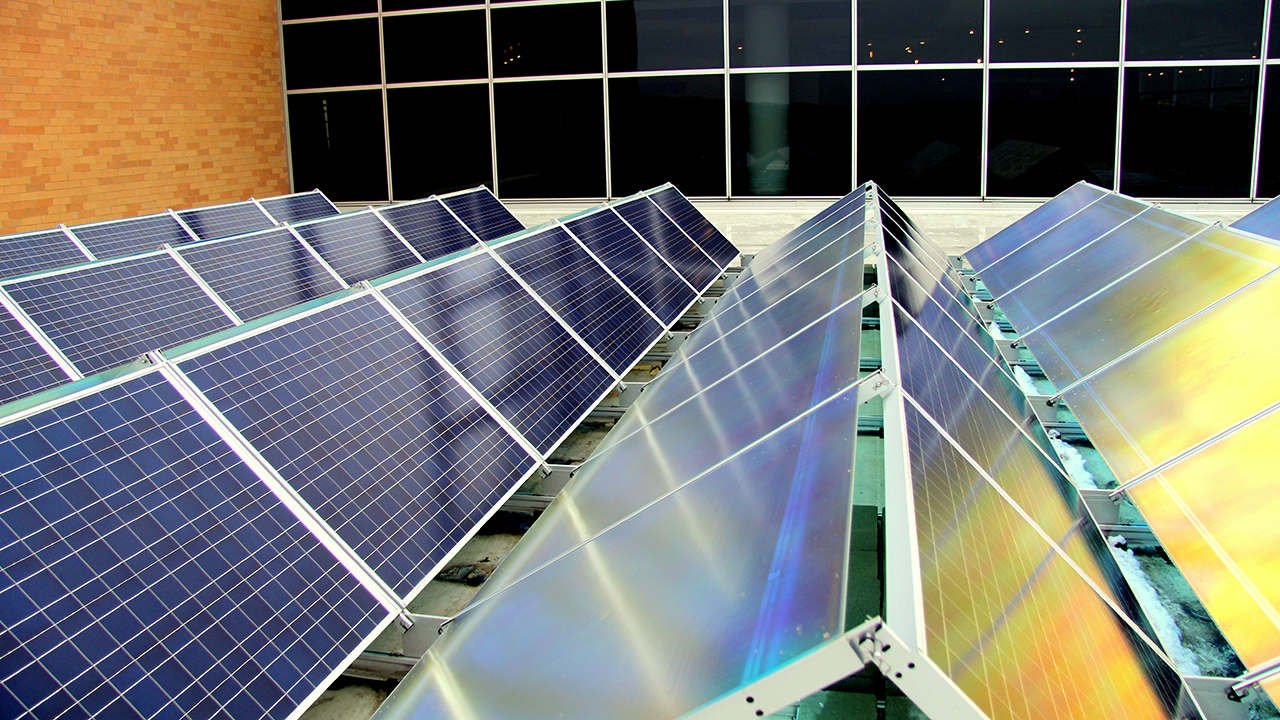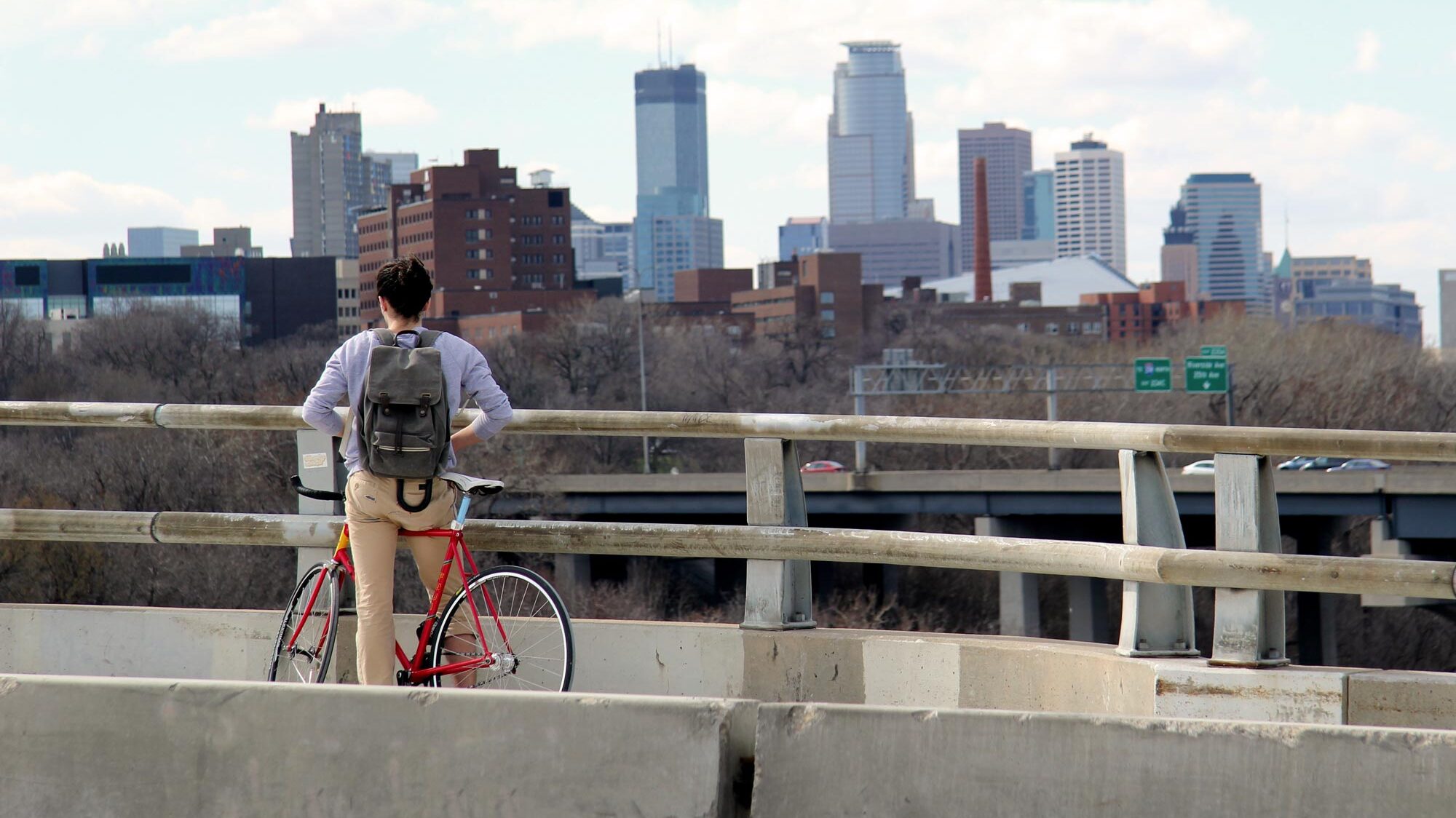
The 2023 Minnesota legislative session will be remembered as the most impactful climate and clean energy session in state history—so far. From passing the landmark 100% clean electricity standard, which commits Minnesota utilities to achieving 100% of Minnesota customers’ electricity needs from carbon-free sources by 2040, to passing a State Competitiveness Fund to take full advantage of federal climate funds, this session establishes Minnesota as a key leader in America’s clean economy of the future.
Fresh Energy was tracking and plugged in to hundreds of bills this session alongside partners and other stakeholders, working to find common ground to advance much-needed climate and energy legislation, as well as some bills that were the first of their kind. We know many of our readers have kept tabs on the big things that happened this session and we’ve already written a blog post about many of the climate laws that passed! However, there were so many beyond what we’ve already covered that we wanted to dedicate a blog post to covering the climate policies that present new opportunities for cities, counties, and local jurisdictions.
Here are some of our favorite climate-friendly, local government provisions from this session:
State Competitiveness Fund
One of the biggest things to come out of this year’s legislative session is the creation of Minnesota’s State Competitiveness Fund, a new program to be implemented by the Minnesota Department of Commerce that will ensure that Minnesota is well-positioned to secure its fair share of historic federal funding for climate and clean energy projects. These funds could go toward much-needed investments in electric transportation infrastructure, electric transit, weatherization assistance, energy efficiency, power grid upgrades—all of which play a major role in our climate-friendly future and as we build more clean, homegrown energy. In total, Minnesota established a dedicated fund of $190 million to take full advantage of the unprecedented federal investments for energy infrastructure in the Infrastructure Investment and Jobs Act (also known as the Bipartisan Infrastructure Law) and the Inflation Reduction Act (IRA).
The State Competitiveness Fund will ensure Minnesotans receive a 5X return on investment to help our state reach our climate and energy goals. It ensures that our local governments, businesses, and workers have an advantage when competing against other states for resources and funding. Fresh Energy worked alongside a broad coalition of stakeholders helping get this bill over the finish line. In addition to being a boon for local governments, we’re also pleased that this bill includes funding for technical assistance for local entities navigating the process to apply for funding from the federal government, a key piece of the puzzle to ensuring an equitable transition to a clean energy economy in Minnesota. This was a bipartisan, once-in-a-generation opportunity that will improve communities across Minnesota for decades to come.
Dedicated transit funding

Transportation emissions are now the largest contributor of greenhouse gas (GHG) emissions in the state, and Fresh Energy’s staff are dedicated to decarbonizing Minnesota’s transportation sector. One important focus of this work is electrifying buses, decarbonizing public transportation, and sustaining and expanding our public transit system. This year, the Legislature passed a new 0.75% sales tax in the seven-county metro area that will be used for fast, reliable, and convenient transit. This funding will connect Minnesotans to work, friends, and family without requiring them to own a car. Most of the revenue will be used by the Metropolitan (Met) Council to run the Metro Transit system, the major transit agency in the region. Funding will also support walking and biking. This is a critical investment in climate, equity, and public health.
Solar, solar, and more solar!

A $5 million grant program was created to install solar on public buildings, including city halls across Minnesota. This will help local and tribal governments in Minnesota make progress toward their climate and energy goals and save taxpayer dollars while providing locally-generated clean energy.
A new law prohibits homeowners associations (HOAs) from prohibiting rooftop solar. First introduced in 2014, Fresh Energy is pleased to finally see that many HOA-member homeowners will have one less barrier to installing rooftop solar.
Solar for Schools received $15 million to help public schools and state colleges and universities install solar panels on their campus. Not only will this help schools reduce their electricity costs and become less reliant on fossil fuels, but it will also improve air quality, provide a learning opportunity to interact with on-site solar, and help schools meet their greenhouse gas emissions reduction targets.
Air ventilation improvements for schools
A $1 million pilot program for improving HVAC systems. Speaking of schools, the Legislature passed another program that helps schools across the state improve their heating, ventilation, and air conditioning (HVAC) systems to be healthier, more energy efficient, and less reliant on fossil fuels. Switching to carbon-free sources of heating and cooling has many co-benefits like improving indoor air quality, creating a healthier and more comfortable learning environment, saving money for school districts, and helping schools meet their greenhouse gas emissions reduction targets. Fresh Energy was pleased to support Sheet Metal Workers Local 10 Union, who led on this important legislation.
Local climate action and resilience grants
Minnesota’s cities and counties have a major part to play in preparing our communities for climate change. During the 2023 session, $100 million was appropriated to the Minnesota Pollution Control Agency (MPCA) over two years to enable local and Tribal governments to adapt to a changing climate that includes more extreme weather. This funding could include projects like updating stormwater systems for heavier rainfall. Notably, forty percent of these funds must be spent in communities that meet environmental justice criteria. Additionally, local climate action grants were funded at a total of $5 million for the biennium and capped at $50,000 per grant. These programs will allow towns, cities, counties, and Tribal governments to invest in climate action planning and adaptation to better prepare their communities for a changing climate.
Energy benchmarking for commercial buildings

Buildings account for about 40% of annual emissions, and additional tools are needed to address this sector. A practice known as “energy benchmarking” is now available, which simply means measuring monthly energy usage and allowing building managers to easily identify cost-saving efficiency improvements. Energy benchmarking has already helped 7,500 publicly-owned buildings in Minnesota save more than $23 million on energy costs by identifying and solving hidden problems. This can include fixes such as tweaking mechanical equipment that isn’t working properly or identifying cost-effective heating upgrades. Importantly, this new policy will also help most cities and municipalities across Minnesota begin to systematically track—and reduce—greenhouse gas emissions from larger buildings across the state.
What’s next?
To slash greenhouse gas emissions, climate action is needed at all levels—international, federal, state, local, and individual. This year’s legislative session creates new programs that can empower local governments that are ready to take advantage of these opportunities to participate in the transition more meaningfully to a carbon-free, equitable economy. These investments are nothing short of historic.
Fresh Energy looks forward to tracking and engaging with climate and clean energy initiatives at the state and local level to ensure Minnesota continues to lead the nation in the clean energy transition. If local entities would like to start tapping into the new climate programming that is available, contact the Minnesota Department of Commerce at fedquestions.commerce@state.mn.us to get started.
